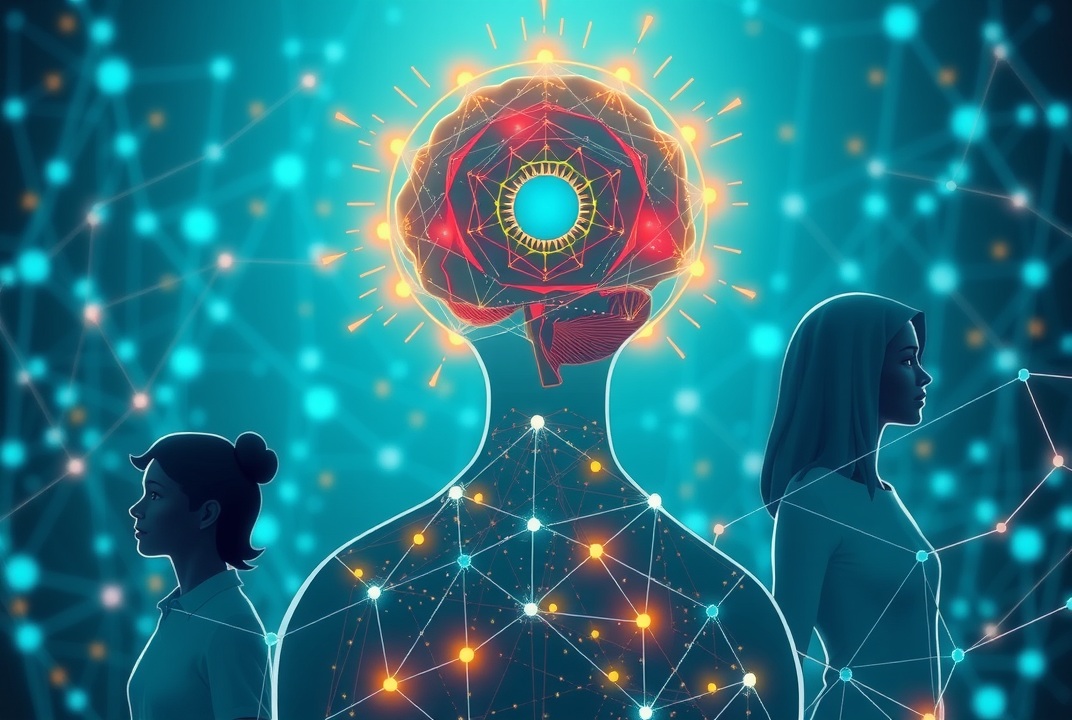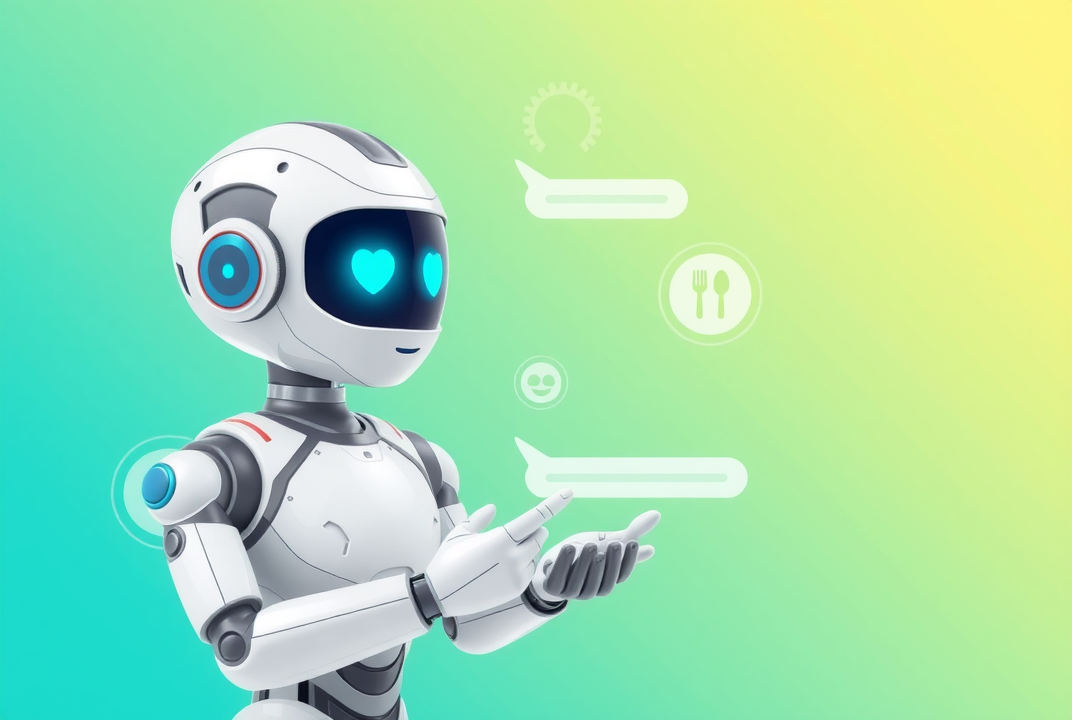AI-Powered Solutions for Mental Health: Innovative Support Systems

Introduction
In a world where technology rapidly transforms every aspect of life, artificial intelligence has made significant inroads into mental health. How exactly is AI shaping this crucial field? AI is not just enhancing the tools available to professionals but revolutionizing approaches to mental wellness, making care more accessible and personalized.
This article explores the innovations AI brings to mental health, providing insights into how these advancements support both professionals and individuals in need of assistance.
AI Technologies Transforming Mental Health
1. AI Chatbots and Virtual Therapists
AI-powered chatbots serve as the first line of support, offering 24/7 assistance to users. These chatbots simulate human conversation, providing coping strategies and mental health support. Notable examples include Woebot and Wysa, which offer guided dialogues based on cognitive behavioral therapy principles. While not a replacement for professional therapists, these virtual assistants provide immediate support to those who might otherwise have none.

2. Predictive Analytics in Mental Health Care
Predictive analytics utilize machine learning to identify patterns in patient data, forecasting potential mental health issues. This proactive approach allows healthcare providers to intervene earlier, tailoring preventive measures to each patient. Institutions are increasingly using these insights to improve patient outcomes and optimize care strategies.
3. Virtual Reality (VR) and AI in Exposure Therapy
AI-enhanced VR therapy is reshaping traditional exposure therapy. By integrating AI into VR systems, therapists can offer customizable scenarios, enabling patients to confront anxieties in controlled environments. This method proves particularly effective for disorders like PTSD and phobias, offering patients new pathways to recovery.

4. Personalized Mental Health Treatment Plans
AI systems analyze vast amounts of patient data to create tailored therapy plans, recognizing patterns in symptoms and treatment responses. By understanding individual needs, AI offers recommendations that optimize therapeutic outcomes. This leads to more personalized care and improved patient satisfaction.
Ethical Considerations and Challenges
While AI promises significant benefits, ethical considerations cannot be ignored. Ensuring patient privacy and obtaining informed consent remain paramount. Developers must design AI systems with robust security measures to protect sensitive health information.
Bias and Fairness in Algorithms
AI systems must be free of bias to serve diverse populations equitably. Transparency in algorithmic decision-making ensures AI tools support mental health without reinforcing societal inequalities.
Dependence on AI in Mental Health
Relying on AI solutions should not diminish the human element in therapy. Balancing technological innovation with empathetic human interactions is crucial to sustaining effective care.
The Future of AI in Mental Health
AI’s role in mental health continues to expand, integrating novel technologies like natural language processing and augmented reality into therapeutic practices. Innovations in speech recognition help therapists understand patient emotions through voice analysis, enriching treatment methodologies.
Future advancements might include AI systems capable of real-time emotional analysis during therapy sessions, offering therapists instant feedback and enhancing patient engagement.
Conclusion
AI stands at the forefront of mental health innovation, offering unprecedented tools and insights to enhance care. By understanding opportunities and challenges, we must strive to integrate AI thoughtfully into mental health practices, prioritizing ethical standards and the human element of care.
While technology will continue to evolve, the goal remains to support individuals on their mental health journeys, offering revolutionary tools that empower both professionals and patients alike. As AI becomes increasingly embedded in therapeutic settings, it promises a new era of mental health care, characterized by innovation, accessibility, and enhanced well-being.
Next Steps:
-
Explore AI tools available for mental health support.
-
Encourage healthcare providers to integrate AI innovations responsibly.
-
Stay informed about ethical guidelines in AI applications for healthcare.
Call to Action:
Readers are encouraged to consider how AI might transform their approach to mental health, whether as professionals or individuals seeking support.